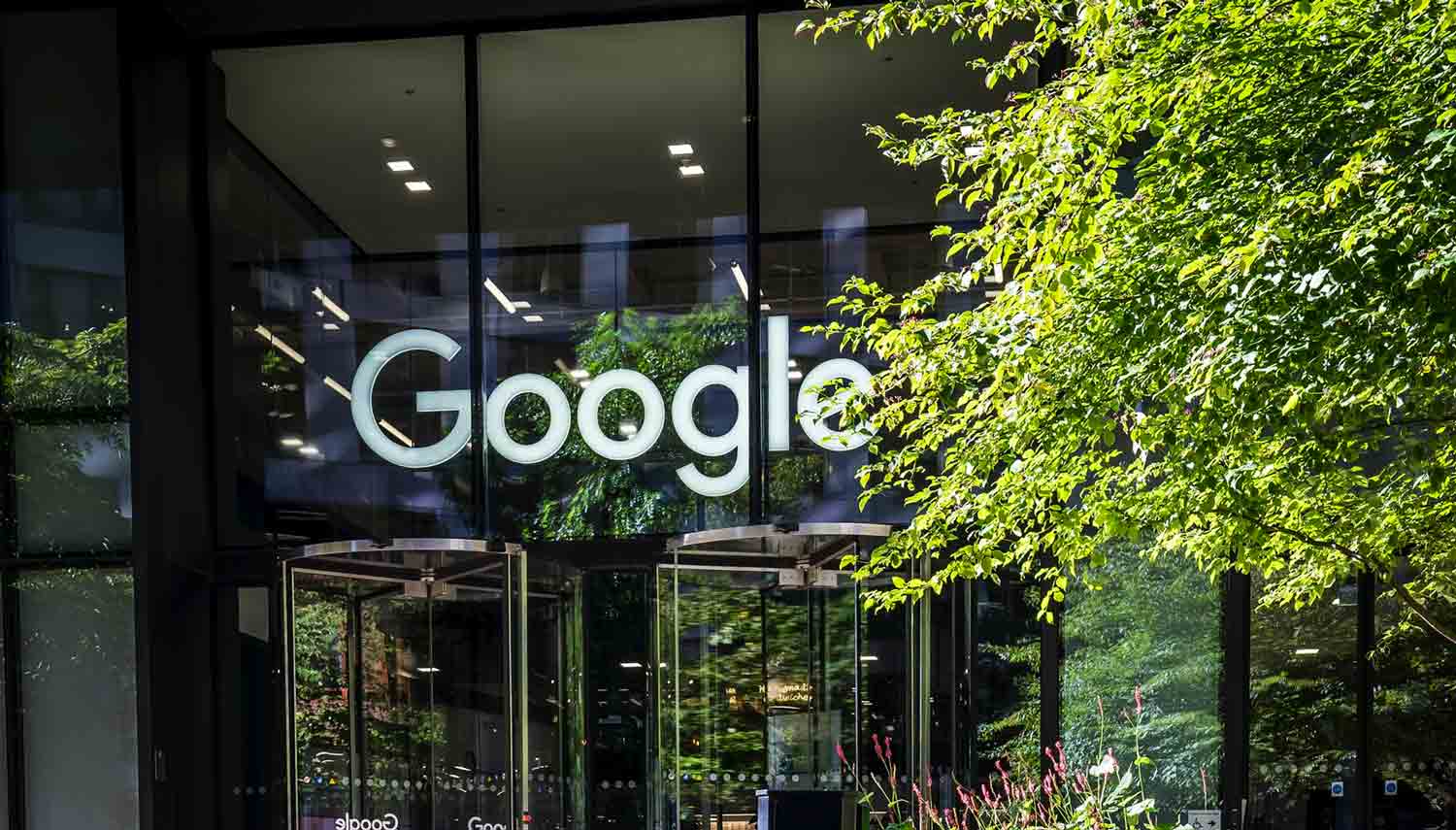

The talk around artificial intelligence (AI) has persisted over the years, with both sides presenting compelling views on its advantages and disadvantages. Some believe that AI has the potential to transform society, while others are apprehensive about its impact on humanity.
Advocates of AI assert that it can help us tackle some of society’s most pressing issues, such as climate change, poverty, and disease. AI technology can also automate repetitive tasks, facilitating humans to concentrate on more creative pursuits. Moreover, AI can enhance decision-making accuracy and speed, resulting in better and faster conclusions.
Critics of AI worry that machines might take over jobs done by humans, rendering them redundant. They also fear that AI could manipulate people and control their conduct, thus compromising their right to privacy and autonomy. Besides, they caution that imbuing weapons with AI technology could lead to a potential arms race that would threaten world peace.
The discussion on the pros and cons of AI will continue ad-infinitum. Ultimately, it is up to us to use AI ethically and sensibly. We must ensure that AI serves humanity’s interests and not replace it. And we must guarantee that AI’s application creates a better world and not pose a risk to mankind.
Related Posts




